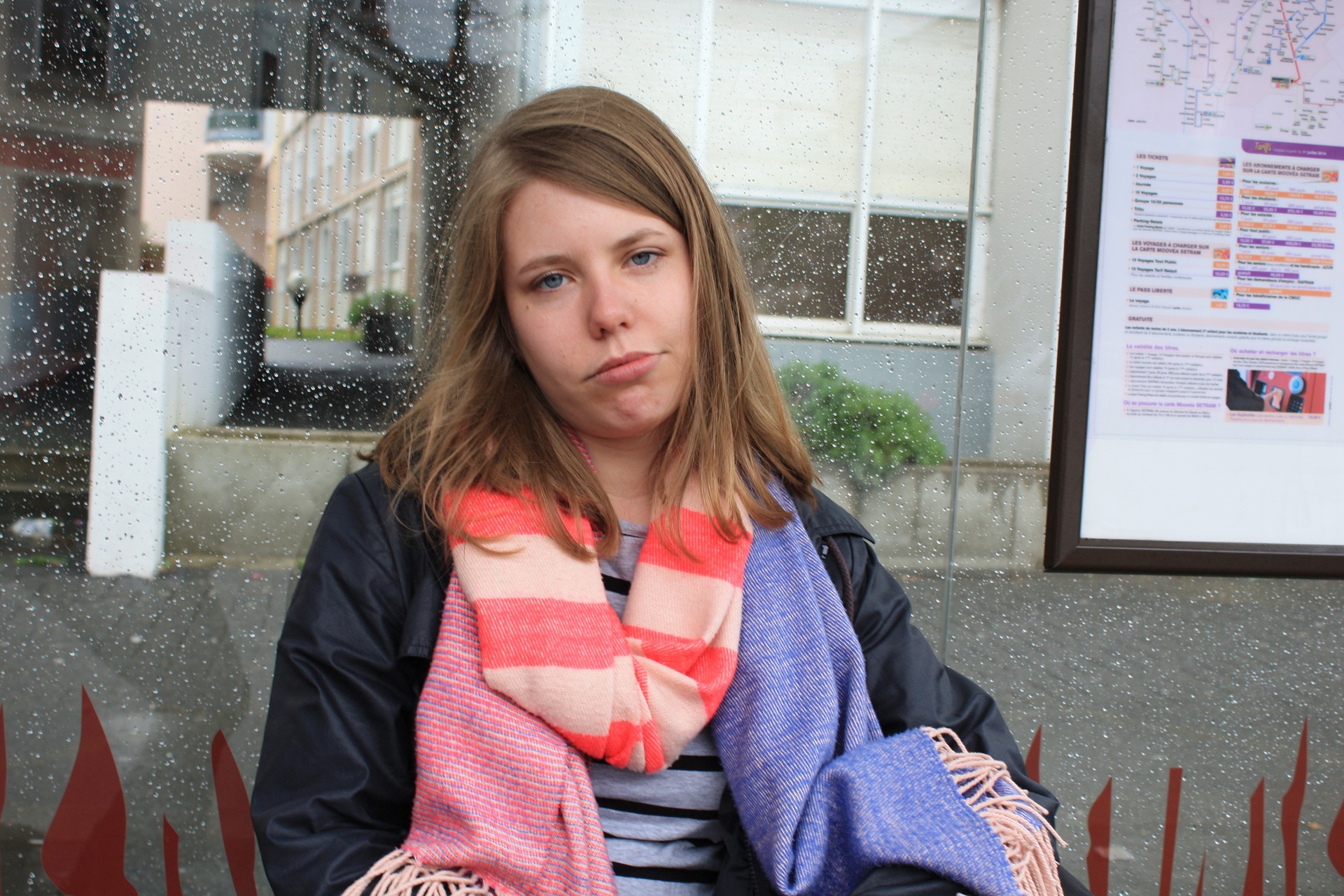How Ketamine Tolerance & Withdrawal Effects Drive Continued Drug Use
Compared to opiates and stimulants, hallucinogen drugs may seem fairly safe to use on a recreational basis since most of them tend to carry a low risk for abuse and addiction. While this may be true for the majority of hallucinogens, ketamine works differently.
Ketamine’s effects in the brain are comparable to those of other more addictive drugs. Over time, ketamine tolerance and withdrawal processes operate in much the same way as opiates and stimulants. Ultimately, ketamine tolerance and withdrawal account for why it’s so hard to stop using the drug once a person falls into a pattern of regular use.
Ketamine’s Psychoactive Properties
Any drug able to interfere with the brain’s chemical pathways is said to be psychoactive in terms of its ability to alter normal brain functioning. According to New York University at Steinhardt, ketamine exerts its greatest effects on glutamate and dopamine neurotransmitter chemical outputs, reducing glutamate production while increasing dopamine outputs.
Whereas lower glutamate levels reduces the brain’s overall electrical activity, increased dopamine levels produce a numbing-type, sedative effect. With frequent ketamine use, these interactions start to have adverse effects on the brain’s chemical system.
Ketamine Tolerance
Ketamine tolerance has to do with the brain’s ability to tolerate the drug. With frequent use, the brain can tolerate increasingly larger doses of ketamine over time, according to the National Highway Traffic Safety Administration. In the absence of increased doses, a person will not experience the desired “high” effects of the drug. In effect, ketamine tolerance becomes a driving force behind continued drug use to the point where users end up ingesting multiple doses of the drug at a time to experience its desired effects.
For information on whether you insurance will help cover treatment costs, call 800-915-1270 (Sponsored).
Ketamine Withdrawal
Unlike opiates and stimulants, ketamine does not cause physical withdrawal effects; however, it can cause a person to experience psychological withdrawal. Psychological withdrawal has to do with the role ketamine fills in a person’s daily life in terms of helping him or her cope with life’s pressures and responsibilities. According to the Journal of Experimental Biology & Medicine, psychological withdrawal effects may take the form of:
- Cravings for ketamine
- Depression
- Feeling anxious
- Unable to experience joy or contentment without the drug’s effects
Like ketamine tolerance, ketamine withdrawal incites continued drug use once the drug becomes a means for coping with everyday life.
The Ketamine Dependence Cycle
Over time, the effects of ketamine tolerance and withdrawal feed off one another, forming a vicious cycle that promotes continued drug use. In the process, this cycle alters the brain’s chemical processes in lasting ways. As tolerance levels increase and withdrawal episodes become more intense, the makings of a full-blown ketamine addiction takes shape. Once addiction develops, users start to engage in compulsive drug-using behaviors much like what occurs with chronic opiate and stimulant abuse.
Treatment Considerations
Anyone who uses ketamine on a regular basis may want to consider getting treatment help, particularly when he or she starts to crave larger doses of the drug. Delaying getting help only makes it more difficult to stop using as ketamine tolerance and withdrawal effects start to take over the brain’s chemical system.
If you suspect you or someone you know struggles with ketamine tolerance and withdrawal and needs information on treatment that meets your needs, please feel free to call our toll-free helpline at 800-915-1270 (Sponsored) to speak with one of our addictions specialists.

 Getting Help for Ketamine Tolerance -
Ketamine tolerance can occur in individuals who use the drug recreationally as well as those who use it for medical treatment
Getting Help for Ketamine Tolerance -
Ketamine tolerance can occur in individuals who use the drug recreationally as well as those who use it for medical treatment  The Difference Between Ketamine Tolerance and Addiction -
Needing more ketamine to feel the same effects is called tolerance. This is different from an addiction, but it can lead to one if it causes you to take more and become dependent on it
The Difference Between Ketamine Tolerance and Addiction -
Needing more ketamine to feel the same effects is called tolerance. This is different from an addiction, but it can lead to one if it causes you to take more and become dependent on it  Dangers of Ketamine Tolerance -
Ketamine tolerance is a dangerous condition that can lead to addiction, withdrawal, and overdose
Dangers of Ketamine Tolerance -
Ketamine tolerance is a dangerous condition that can lead to addiction, withdrawal, and overdose  Am I at Risk of Ketamine Tolerance? Signs to Watch for -
Abusing ketamine on a regular basis can quickly lead to tolerance, dependence and addiction. Here are some warning signs to watch for if you think a tolerance is developing.
Am I at Risk of Ketamine Tolerance? Signs to Watch for -
Abusing ketamine on a regular basis can quickly lead to tolerance, dependence and addiction. Here are some warning signs to watch for if you think a tolerance is developing.  The Ketamine Tolerance-Addiction Cycle -
As ketamine tolerance is quickly achieved, one will increase the dosage in order to get the same desired effect.
The Ketamine Tolerance-Addiction Cycle -
As ketamine tolerance is quickly achieved, one will increase the dosage in order to get the same desired effect.